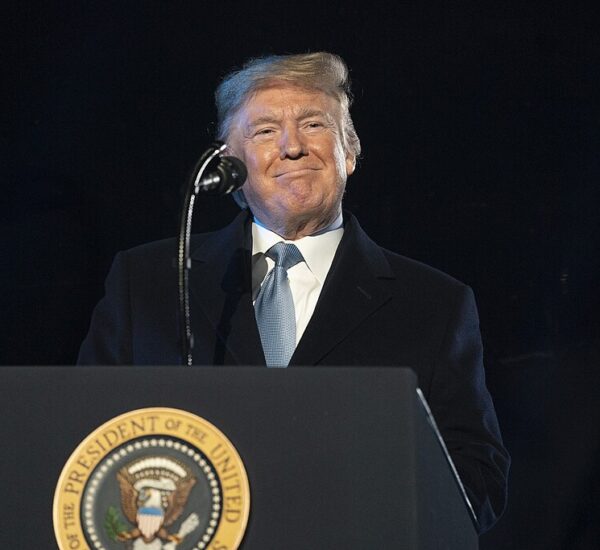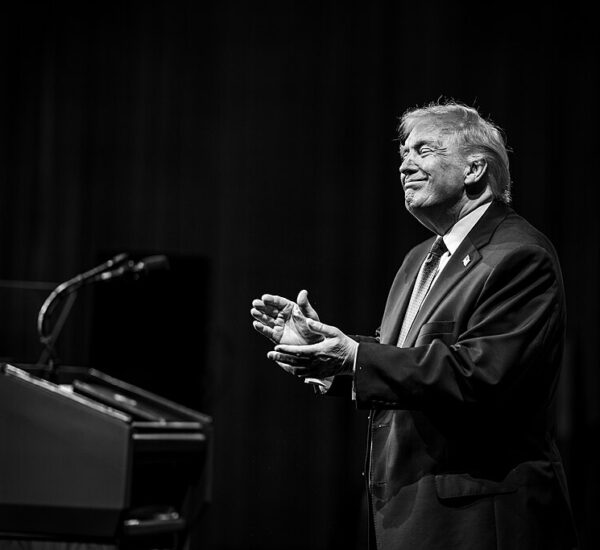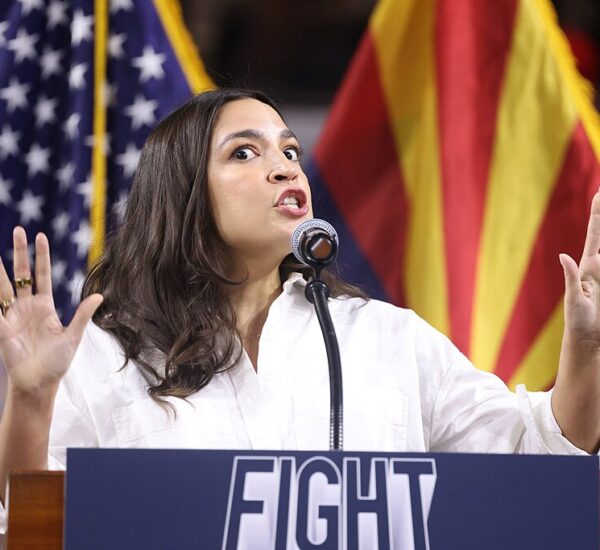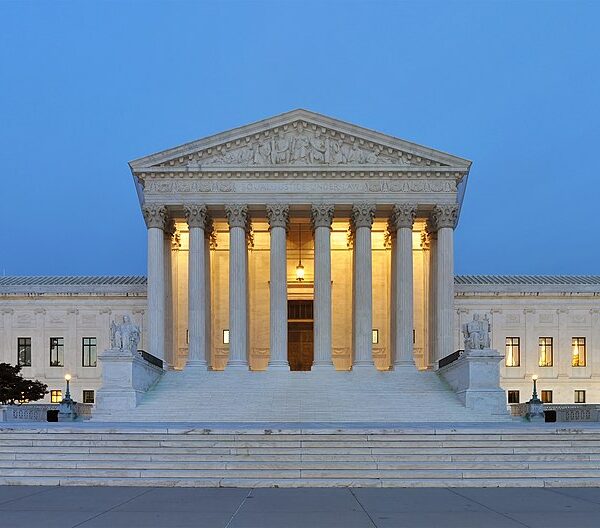Taxpayer Dollars at the Center of Battle Over Biased Public Media
Washington, D.C. — In a legal clash that’s stirring national debate, National Public Radio (NPR) and three of its Colorado-based affiliates have filed a lawsuit against the Trump administration after a bold executive order cut off their access to federal tax dollars.
The lawsuit, filed in federal court, argues that President Trump’s decision to end government funding for NPR and the Public Broadcasting Service (PBS) violates the First Amendment. But critics say it’s about time that taxpayer money stopped flowing to media outlets many Americans see as deeply biased.
Trump Moves to End Public Media Funding — Citing Media Bias and Misuse of Taxpayer Funds
President Trump’s executive order, signed May 1, directs the Office of Management and Budget (OMB) to end direct federal support for NPR and PBS. The administration’s message is clear: American taxpayers should not be forced to fund partisan news coverage.
“In today’s media landscape, using taxpayer money to fund news organizations is not only outdated and unnecessary—it also undermines the perception of an independent press,” President Trump stated.
He followed up on Truth Social, stating:
“These two horrible and completely biased platforms… should be DEFUNDED by Congress, IMMEDIATELY.”
This comes as NPR and PBS continue to face mounting criticism for one-sided reporting and lack of accountability—particularly from the 50+ demographic that values journalistic integrity and fiscal responsibility.
Conservative Lawmakers Demand Accountability for Taxpayer-Funded Media
NPR CEO Katherine Maher recently testified before Congress, acknowledging the network’s failure to report fairly on major stories—most notably, the Hunter Biden laptop scandal in 2020. Maher also came under fire for past social media posts claiming America was “addicted to white supremacy” and supporting slavery reparations—comments many see as unfit for someone leading a taxpayer-funded news outlet.
$1.1 Billion in Taxpayer Funding on the Line
Russ Vought, Director of the OMB, has asked Congress to rescind $1.1 billion in taxpayer funds designated for the Corporation for Public Broadcasting (CPB)—which provides support to NPR, PBS, and over 1,500 local public stations.
The CPB was expected to receive $535 million in federal funds over the next two fiscal years. While NPR claims to receive just 1% of its budget from CPB, PBS depends on that funding for about 15% of its operations.
Lawsuits, Deadlines, and a Fight Over Free Speech or Fiscal Waste?
In response, NPR and three Colorado stations—Colorado Public Radio, Roaring Fork Public Radio, and KSUT—sued the Trump administration, accusing it of “retaliation” and claiming the executive order is an unconstitutional attack on press freedom.
But supporters of the funding cut argue the Constitution doesn’t require taxpayers to underwrite left-wing political content disguised as journalism.
Meanwhile, the CPB itself sued President Trump for attempting to remove three of its board members. The President has now set a June 30 deadline to halt all federal funding to NPR and PBS unless required by law.
White House: Taxpayer Money Should Not Fund Liberal Agendas
White House Deputy Press Secretary Harrison Fields defended the order:
“The Corporation for Public Broadcasting is creating media to support a particular political party on the taxpayers’ dime. The President is exercising his lawful authority to limit funding… to ensure efficient use of taxpayer dollars.”
In addition, the administration has directed other agencies—including Health and Human Services Secretary Robert F. Kennedy Jr.—to ensure that public broadcasters comply with federal nondiscrimination laws or risk losing even more funding.
Key Takeaways for Conservative Readers:
- Your tax dollars should support public services, not partisan media.
- President Trump is making bold moves to stop liberal media bias funded by the government.
- NPR and PBS are fighting to keep your money while dodging accountability.
- Cutting off government funding isn’t censorship—it’s fiscal responsibility.






